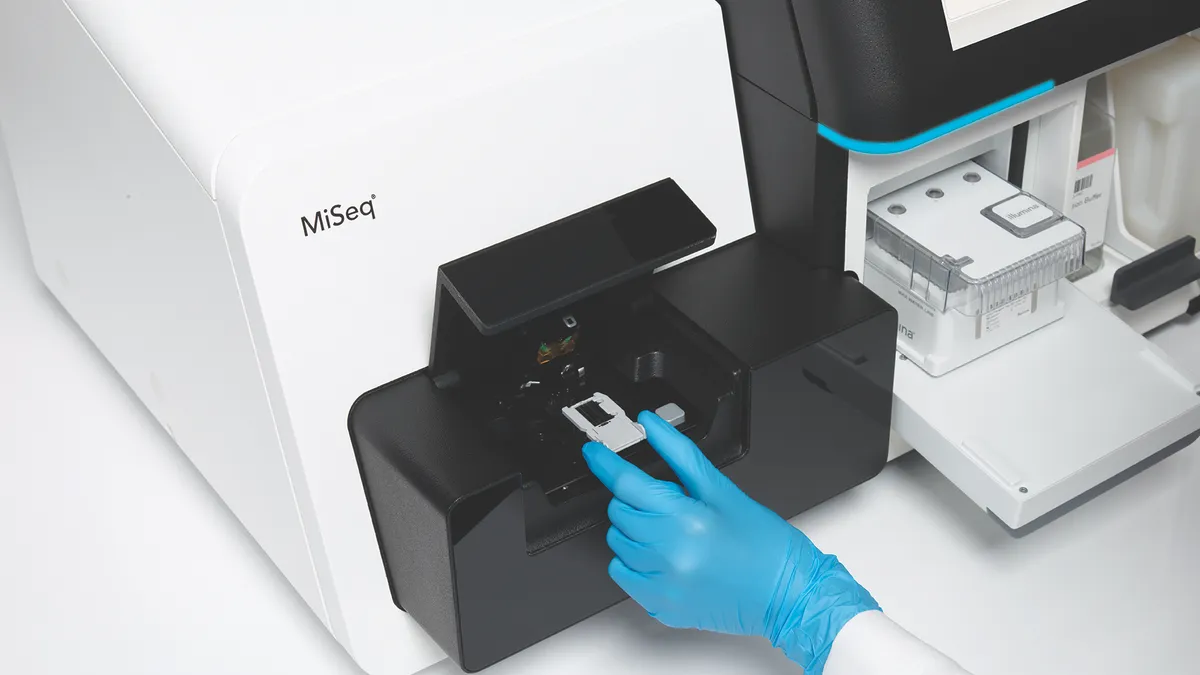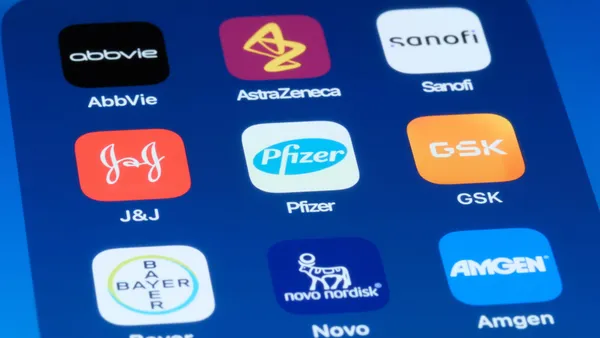Q4 Insights:
Illumina, a global leader in DNA sequencing, reported a 10% drop in sales in the fourth quarter as growth at its Grail unit failed to offset a decline in the company’s core revenue.
Core sequencing consumables revenue fell 13% in the fourth quarter even as Ilumina posted a growth in sales in some clinical niches. Clinical customers accounted for 45% of core consumables and oncology testing consumables grew 7% on demand for molecular profiling in early detection, therapy selection and minimal residual disease.
Joydeep Goswami, Illumina’s recently appointed CFO, set out the factors that caused the overall decline in sales on a conference call with investors on Tuesday.
“As expected, growth driven by pull-through on the increased installed base was offset by delayed recruitment for some large research projects in the Americas and Europe, the ongoing impact of COVID disruptions in China, the year-over-year impact of customer inventory management, the anticipated decrease in COVID surveillance revenue and headwinds from foreign-exchange rates,” Goswami said.
Shares of Illumina slid 6.5%, or $13.98, to $201.477 in late morning trading on Wednesday.
Novaseq X tipped to drive growth
Management said it’s looking to the newly launched NovaSeq X system to drive growth in 2023. Illumina plans to ship 40 to 50 units in the first quarter and demand is outpacing supply. With 155 instruments on preorder and 250 in its advanced pipeline, the company is aiming to ship more than 300 units this year.
Illumina CEO Francis deSouza said part of the appeal of the device is that it can “be used by a technical team that ... doesn't necessarily require a degree in genomics,” adding that the change in the minimum skillset “opens up workforce capabilities” for customers. Diagnostic labs are among the buyers.
“Clinical customers are designing their new assays and their new tests on the X with the anticipation that that's how they'll roll out new testing. At the same time, they're starting to want to get familiar with the workflow so that they can plan a transition over on their existing tests. So that will take longer,” deSouza said.
A crunch year for Grail
The coming months may be critical for Illumina’s Grail unit as well. The division, which makes of blood tests used to detect cancer, was acquired for $7.1 billion in August 2021. Illumina faces separate challenges from regulators in the U.S. and Europe about the deal.
Illumina management expects to receive a Grail divestiture order from the Commission around the end of the first quarter. The company has requested that the order be put on hold pending appeals.
If that happens, the company will start along two paths: one in which it works on two appeals that could deliver decisions around the end of the year, and another in which it collaborates with the Commission to find a way to divest Grail.
“Part of the divestiture track is going to be around making sure that Grail is capitalized going forward. That could be through a combination of strategic partners that invest in Grail. It could be a multistep path that includes initial investment from strategic partners heading towards an IPO. But all of that is dependent on what comes out in the divestiture order, and that's something we're still in conversations with,” deSouza said.
Forecast:
Goswami expects some of the same pressures from last year to continue in 2023. COVID-19 related disruption and slowing growth in China, where sales fell 22% in the fourth quarter, are forecast to hurt the business over at least the first half of the year. Illumina expects the loss of COVID surveillance business will dent sales by $105 million in 2023.
Illumina also forecasts consolidated revenue growth of 7% to 10% this year. Management expects the growth to help the company return to profitability with earnings per share in the range of $0.03 to $0.28.









